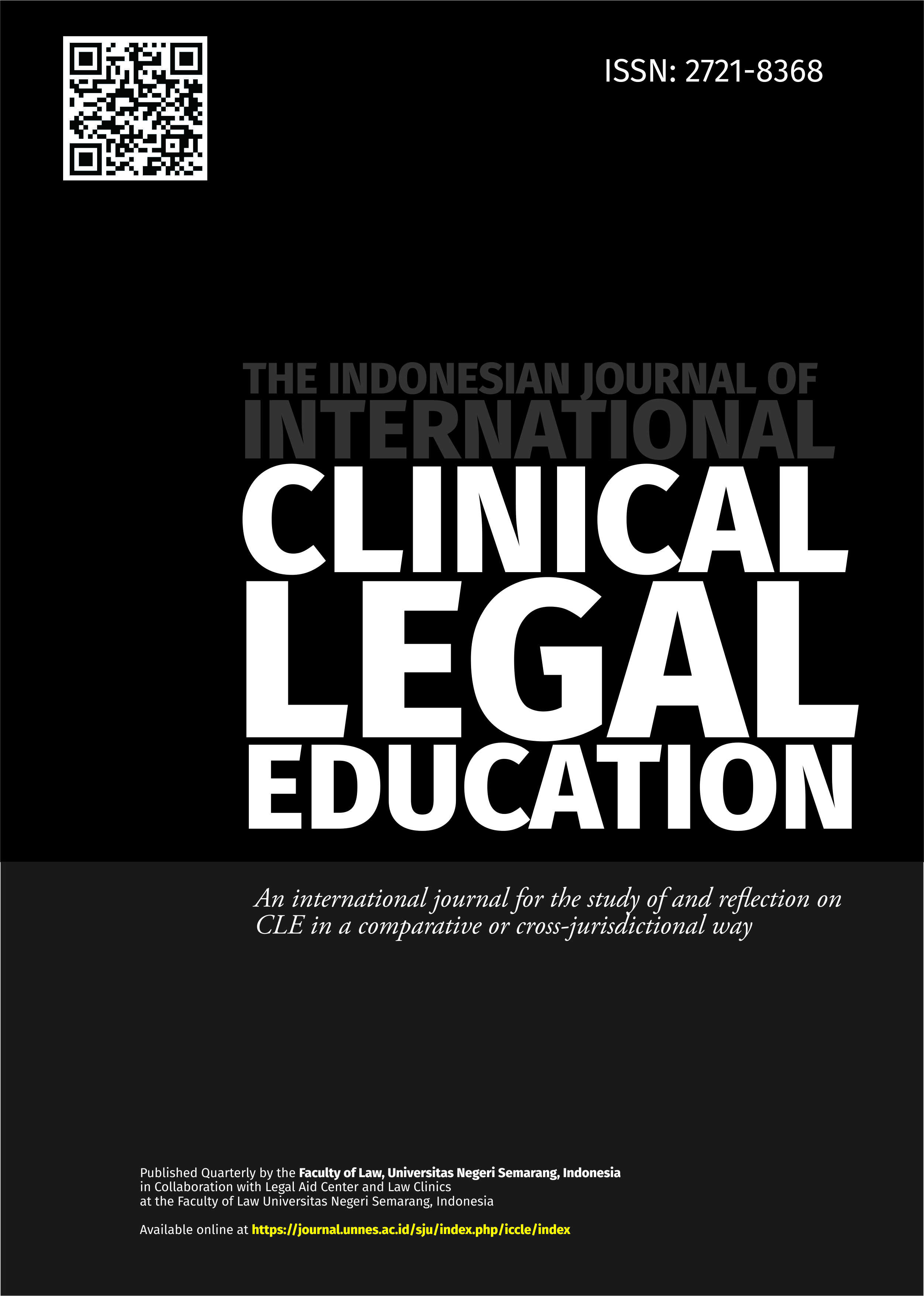Strengthening Cooperation between TNI and Polri in Improving Law Enforcement Performance in Indonesia
Main Article Content
Abstract
Law enforcement, encompassing various facets, constitutes a professional domain. The attainment of the title police officer mandates individuals to undergo comprehensive training and education, acquiring intellectual, theoretical, and technical proficiency. Upon completion, they integrate into a structured organization, adhering to specific disciplines and a code of ethics outlined by the profession itself. Crucially, a commitment to public service is a fundamental tenet upheld by all members of the police profession. This study employs an empirical juridical approach to investigate the legal principles governing the Indonesian National Police (TNI-Polri). The empirical juridical method is employed to analyze the applicable legal frameworks, particularly those pertaining to the TNI-Polri. The endeavor to enhance the professionalism of the Indonesian National Police involves strategic, organizational, and programmatic levels. Challenges encountered in this pursuit include the prevalence of negative public perceptions towards the National Police, as well as constraints related to budgetary limitations and inadequate infrastructure for implementing cooperative strengthening programs.
Article Details

This work is licensed under a Creative Commons Attribution-ShareAlike 4.0 International License.
The copyrights of the article in Indonesian J. Int'l Clinical Leg. Educ. is on the Author(s), however, before publishing, it is required to obtain written confirmation from Author(s) in order to ensure the originality (Author Statement of Originality). The statement is to be signed by at least one of the authors who have obtained the assent of the co-author(s) where applicable. This work licensed under a Creative Commons Attribution-ShareAlike 4.0 International (CC BY-SA 4.0). All writings published in this journal are personal views of the authors and do not represent the views of this journal and the author's affiliated institutions.
References
Collins Dictionary of Sociology (Glasgow: Harper Collins Publishers, 2000).
Jones, Sidney. “The Evolution of ISIS in Indonesia”, IPAC Report, No. 13, (2014).
Kartini, Kartono. Pemimpin dan Kepemimpinan (PT. Raja Grafindo Persada, Jakarta, 1982).
Marpaung, Rusdi. et al (Ed). Dinamika Reformasi Sektor Keamanan. (Jakarta: Imparsia, 2005).
Meliala, Adrianus. Problema Reformasi Polri. (Jakarta: Trio Repro, 2002).
Raharjo, Agus, and Angkasa Angkasa. "Profesionalisme Polisi dalam Penegakan Hukum." Jurnal Dinamika Hukum 11, no. 3 (2011): 389-401.
Sibarani, Santhy M. et al. Antara Kekuasaan dan Profesionalisme Menuju Kemandirian Polri. (Jakarta: PT. Dhramapena Multimedia, 2001).
Soebagyo, Agus. “Sinergi Dalam Menghadapi Ancaman Cyberwarfare”, Naskah pada Sesko AD TNI Bandung, 2014
Subagyo, Agus and Yudi Rusfiana. “Sinergi TNI AD Dengan Polri Dan Pemerintah Daerah dalam Penanganan Konflik Sosial (Studi Kasus kota Tarakan)”. Jurnal Ilmiah Wahana Bhakti Praja 8, No. 2 (2018).
Sunarno, Sunarno. Berkualitas, Profesional, Proporsional: Membangun SDM Polri Masa Depan. (Jakarta: Pensil, 2010
Undang-Undang No. 2 Tahun 2002 Tentang Kepolisian Negara Republik Indonesia.
Undang-Undang No. 34 Tahun 2004 Tentang Tentara Nasional Indonesia.
Widada, Tri. "The Influence of Organizational Culture and Self Efficacy on the Ability of Cadets Conflict Management in Lemdiklat Akpol Semarang." Unnes Law Journal 9, no. 1 (2023): 1-44.
Yunanto, Sri. et al. Evaluasi Kolekstif Reformasi Sektor Keamanan di Indonesia: TNI dan Polri. (Jakarta: The RIDEP Institute-FES, 2005).
